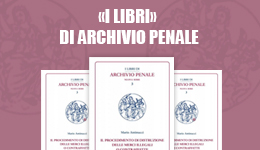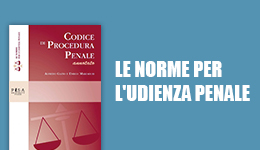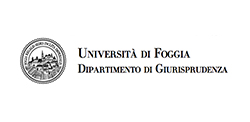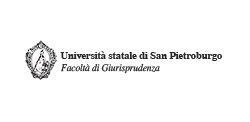La pronuncia allegata risulta di particolare rilievo, poiché con essa la Corte di Strasburgo ha ritenuto (con una maggioranza di sedici voti a uno: la dissenting opinion è del giudice Pinto de Albuquerque) non esservi stata violazione dell'art. 4 del Protocollo n. 7 alla Convenzione (ove si sancisce il principio del "ne bis in idem" processuale) in un caso in cui i ricorrenti erano stati puniti, secondo la legislazione norvegese, in due distinti procedimenti, l'uno penale e l'altro amministrativo, per uno stesso illecito in materia fiscale.
La Corte ha rigettato il ricorso valorizzando tanto la prevedibilità quanto la stretta interconnessione, sostanziale e processuale, tra i due apparati sanzionatori codificati per la condotta di specie.
Nelle parole dei giudici europei, infatti, «as a first conclusion, the Court has no cause to call into doubt either the reasons why the Norwegian legislature opted to regulate the socially undesirable conduct of non-payment of taxes in an integrated dual (administrative/criminal) process or the reasons why the competent Norwegian authorities chose, in the first applicant’s case, to deal separately with the more serious and socially reprehensible aspect of fraud in a criminal procedure rather than in the ordinary administrative procedure. Secondly, the conduct of dual proceedings, with the possibility of different cumulated penalties, was foreseeable for the applicant who must have known from the outset that criminal prosecution as well as the imposition of tax penalties was possible, or even likely, on the facts of the case [...]. Thirdly, it seems clear that, as held by the Supreme Court, the criminal proceedings and the administrative proceedings were conducted in parallel and were interconnected [...]. The establishment of facts made in one set was used in the other set and, as regards the proportionality of the overall punishment inflicted, the sentence imposed in the criminal trial had regard to the tax penalty [...]. On the facts before it, the Court finds no indication that the first applicant suffered any disproportionate prejudice or injustice as a result of the impugned integrated legal response to his failure to declare income and pay taxes. Consequently, having regard to the considerations set out above [...], the Court is satisfied that, whilst different sanctions were imposed by two different authorities in different proceedings, there was nevertheless a sufficiently close connection between them, both in substance and in time, to consider them as forming part of an integral scheme of sanctions under Norwegian law for failure to provide information about certain income on a tax return, with the resulting deficiency in the tax assessment».
F.R.











